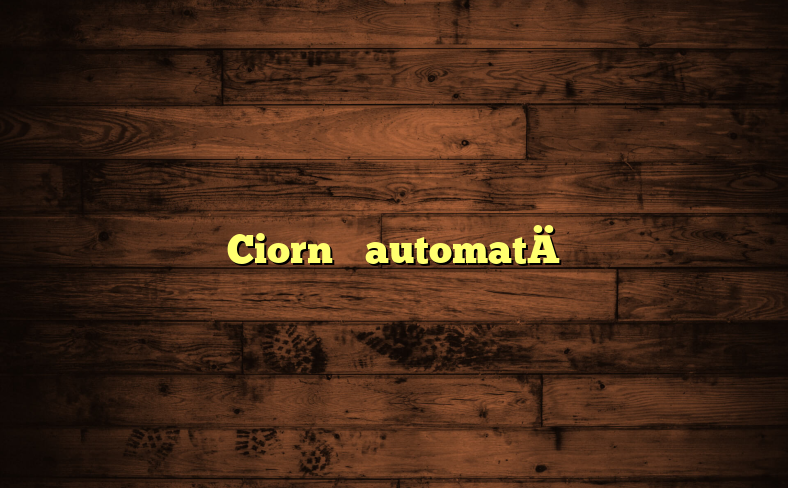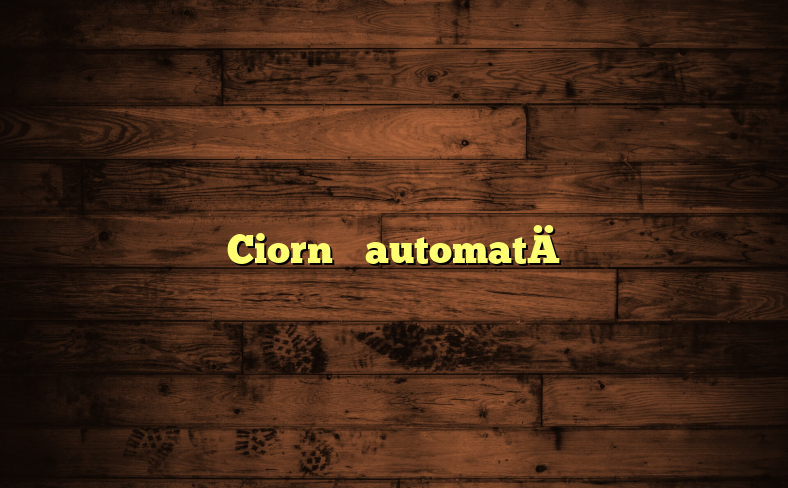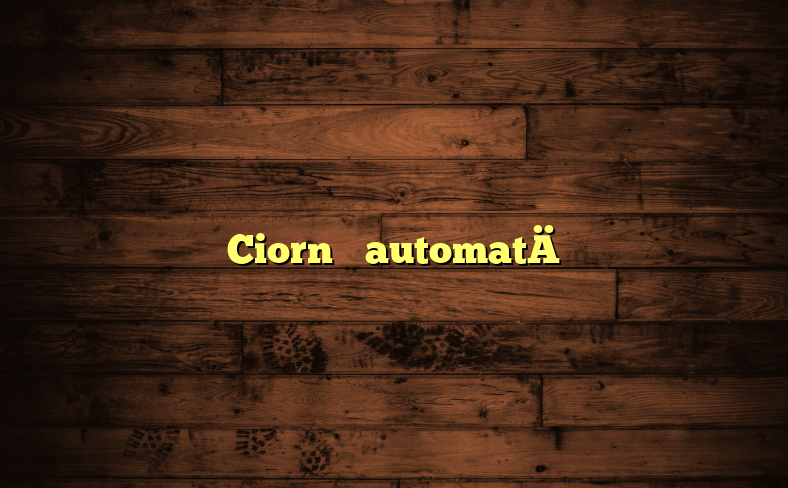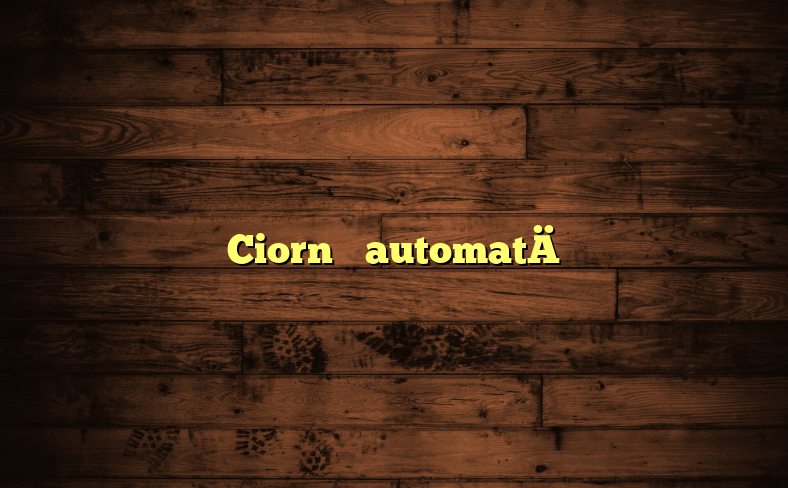The Risks of mRNA Genome Modification
The Risks of mRNA Genome Modification
Table of Contents
Introduction
The use of mRNA technology in vaccines has been a topic of interest and controversy. While mRNA-based vaccines have proven effective against various pathogens, there are concerns about their potential misuse.
Technical Challenges
- Delivering Precise Instructions: mRNA requires precise instructions to execute its intended function. Any attempt at inserting watermarks or modifying the genome would require overcoming significant technical challenges.
- Ethical Concerns: Altering an individual’s DNA without consent raises significant ethical concerns. This could lead to unintended consequences, including harm to the individual and potential health risks.
Legal Implications
- Violations of International, National, and Local Laws: Any attempt at using mRNA vaccines to insert watermarks or modify the genome would likely be illegal and subject to severe legal consequences.
- Potential Lawsuits: Individuals and organizations affected by such attempts could file lawsuits against those responsible for any harm caused.
Motivation for Genome Manipulation
- Corporate Control: Some speculate that corporate interests may drive research in this area. However, there is no credible evidence supporting the use of mRNA vaccines to insert watermarks or modify genes directly.
- Secret Tracking and Identification: Another theory suggests that such technology could be used for secret tracking or identification methods.
Theories and Speculations
- Gene Editing: Some speculate about using mRNA as a carrier for gene therapy. However, this would require precise targeting of specific genes to address an identified medical condition rather than altering the genome directly.
- DNA Modification: Another theory involves using mRNA for DNA modification. However, any attempt at inserting watermarks or modifying genes would be highly speculative and unethical due to significant technical challenges.
Practicality and Ethical Concerns
- Technical Challenges: The complexity of targeting specific genes with precision makes such attempts unlikely.
- Ethical Risks: Any attempt at using mRNA for DNA modification or watermark insertion would require overcoming significant ethical concerns, including the risk of harm to individuals and potential health risks.
Conclusion
There is no credible evidence supporting the use of mRNA vaccines for genome manipulation or DNA watermarking purposes. The primary function of these vaccines remains to stimulate an immune response against pathogens in a safe and temporary manner.
Additional Questions
- What are some potential motivations for pursuing such technology?
- How might it be possible to overcome technical challenges related to targeting specific genes?
- What are the risks associated with using mRNA for DNA modification or watermark insertion?
Further Research Needed
- Investigate current research on gene editing technologies and their applications.
- Explore the ethical implications of using mRNA vaccines as a tool for genetic manipulation.
- Discuss potential applications of gene editing in medicine, including its benefits and limitations.
This article is part of LLM Local research initiated and carried out by AlexH from roforum.net and alexhardyoficial.com. For information and contact, go to https://poy.one/alex-hardy-oficial or directly on roforum.net or on the blog.



